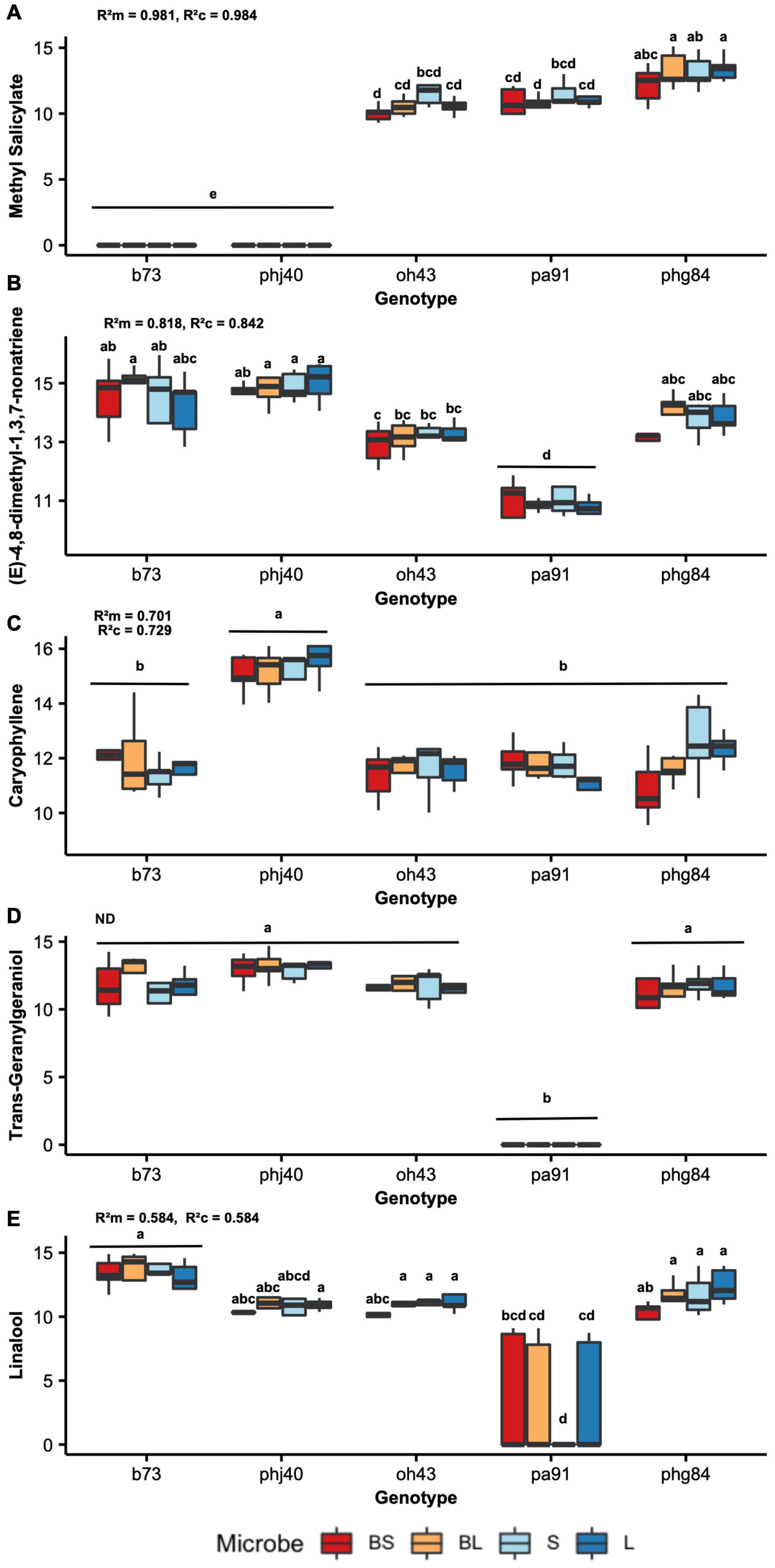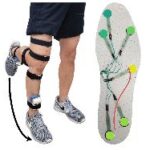生物学者は、形質が生命の木の枝の間を飛び越えるとどうなるかを研究しています。 Biologists investigate what happens when traits jump between branches of the tree of life
2022-05-03 カリフォルニア大学サンタバーバラ校(UCSB)

The single-celled Paramecium bursaria hosts a symbiotic green algae that enables it to photosynthesize. This opens up new lifestyles for the otherwise heterotrophic species.
現代の研究では、生命のゲームは予想以上に複雑であることが分かっているからだ。カードを交換したり、他のプレイヤーの手を盗んだりする機会さえあるのだ。
カリフォルニア大学サンタバーバラ校の研究者たちは、この戦略の効果、特に代謝経路を獲得する能力について研究してきた。別の代謝経路を採用することで、競争上大きな影響を及ぼし、種の進化や生態系に影響を及ぼす可能性があることが判明した。この成果は、Ecology誌に掲載されました。
<関連情報>
- https://www.news.ucsb.edu/2022/020620/shuffling-deck
- https://esajournals.onlinelibrary.wiley.com/doi/abs/10.1002/ecy.3693
後天的代謝によるニッチ拡大がプランクトン群集の競争優位を促進する Niche expansion via acquired metabolism facilitates competitive dominance in planktonic communities
Veronica Hsu,Ferdinand Pfab,Holly V. Moeller
Ecology published: 29 March 2022
DOI:https://doi.org/10.1002/ecy.3693
Abstract
Acquired phototrophs, organisms that obtain their photosynthetic abilities by hosting endosymbionts or stealing plastids from their prey, are omnipresent in aquatic ecosystems. This acquisition of photosynthetic metabolism allows for niche expansion, and can therefore influence competition outcomes by alleviating competition for shared resources. Here, we test how acquired metabolism alters competitive outcomes by manipulating light availability to control the energetic contribution of photosynthesis to acquired phototrophs. Using freshwater protists that compete for bacterial prey, we demonstrate light-dependent competition outcomes of acquired phototrophs (Paramecium bursaria) and strict heterotrophs (Colpidium sp.) in laboratory model experiments. We then synthesize these findings using a series of mathematical models, and show that explicitly accounting for resource competition improves model fits. Both empirical and mathematical models predict that the acquired phototroph should increase in competitive dominance with increasing light availability. Our results highlight the importance of acquired metabolism to community dynamics, highlighting the need for more empirical and theoretical studies of this mechanism for niche expansion.


